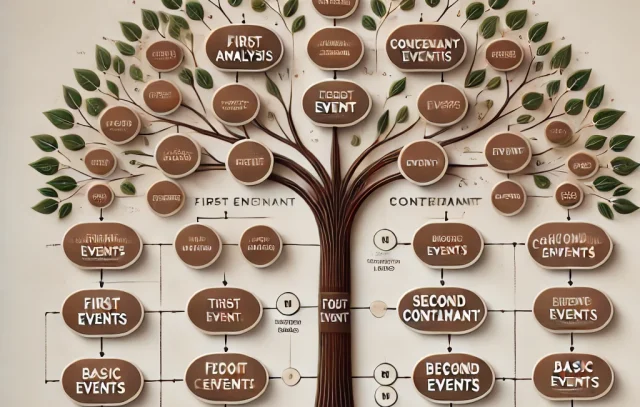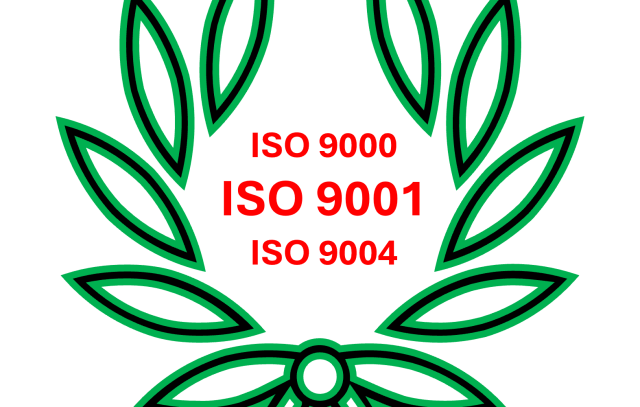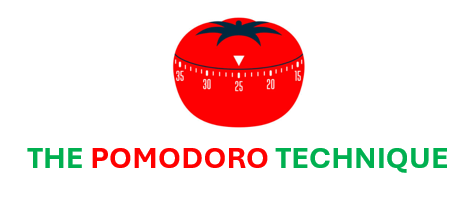What is quality?
Definition of Quality. Introduction of quality representatives and their quality approaches in industry, science, and philosophy.
Many scientific articles were created about what quality is. Answers came from philosophers first, and in the last century, scientists and engineers answered it establishing the science of quality assurance.
Thinking about the quality of our everyday life, the following come into mind:
- quality work: with which we add value
- quality time: the time we spend with those we love and with activities that make us happy
- quality services: that are good for us, useful, and support our life
- quality food: that is essential for maintaining our health
According to Wikipedia, the definition of quality is this:
- „ Quality (business): the non-inferiority or superiority of something
- Quality (philosophy) is an attribute or a property
- Logical quality: philosophical categorization of statements
- Service quality: comparison of expectations with performance in a service”
Definition of quality in philosophy
The concept of quality was first dealt with by Aristotle (384-322 BC), who created a clear picture of quality as a separate category. Aristotle considered quality to be one of the ten most important factors of existence.
These categories are: 1. texture; 2. quantity; 3. quality; 4. relationship; 5. place; 6. time; 7. situation ; 8. judgment; 9. action; 10. suffering.
According to the ancient philosopher, anything that exists in itself constitutes quality. In other words, quality comes second only to existence. In Aristotle’s philosophy, quality appears in the following interpretations: 1. as a category of existence; 2. as the characterization of the state of existence; 3. as a property of things. This shows that Aristotle presents the concept of quality in several aspects. The first type of quality expresses the resilience (stability) of a thing – its difference from other things. The second and third categories show the state and properties of quality, which can be measured and can transform into each other, such as hot-cold, and illness-health. The Aristotelian “concept of quality” determined the development of a quality mindset for a long time.
After Aristotle, another important philosophical creator of the concept of quality is Hegel:
Hegel (1770–1831) considered quality as the initial step toward understanding and developing absolute idea and existence. He defined quality in such a way that when it is lost, the things themselves cease to exist.
According to the general (natural) philosophical interpretation of quality, a given thing (object) is nothing but the set of its attributes, that make the given thing what it is. The general philosophical interpretation of quality is when we describe the given thing with its specific properties.
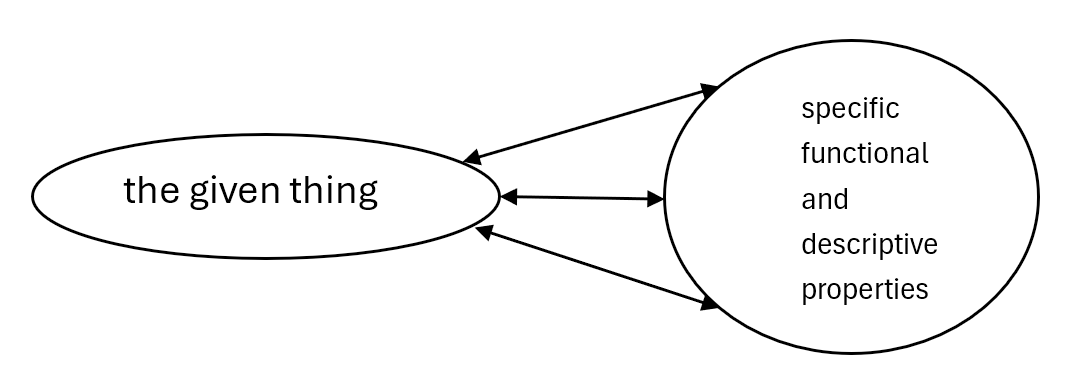
Definition of quality in industry and business life
We usually use the term “quality” to refer to conformity to some standard. For example when we think of the ISO 9000 family of standards or IATF 169494, the Good Manufacturing Practice (GMP) regulations, product liability, the use of the CE mark, etc. The philosopher, the esthete, the economist, the engineer, and the quality specialist discuss and interpret the concept of quality differently… But they are talking about the same thing.
In other words, we think of something positive that provides value.
In order to understand the modern quality definition, we need to talk about the prominent representatives of quality assurance and their definition of quality, because they were the first defining quality in industrial and business life.
As an example, I would mention four representatives and practical experts of this science: Philip B Crosby. Juran, W. Edwards Deming, and Taguchi.
According to Juran, quality is the suitability for use. The quality is which meets the user’s (customer’s/consumer’s) needs.
Deming defines quality as the collection of attributes of a product and a service that meet the customer’s needs, both explicit and implicit. Quality must surpass the consumer’s expectations throughout the product’s lifetime. In addition to this, he states that price has no meaning without quality, and quality is meaningless if it does not reflect the needs of the customers. Therefore, it is customer satisfaction that defines quality. Deming believes that quality is about people, not products.
According to Crosby, quality means “conformity, not elegance.” He said, “It is always cheaper to do the job right the first time.”
According to Taguchi’s definition: Quality is measured by the loss that society feels. He claims that the smaller the loss caused by the product to society, the better the quality of the product.
Quality according to lifetime models:
It aims to highlight every element that affects quality over the lifetime and creates a chain of interconnected factors. The traditional representation of this is a loop in which the stages of the life course follow one another. The quality representation emphasizes those factors of design, production, and use, which have an important role in determining quality. The concept and illustration make it abundantly evident that the quality of the entire process is just as important as the quality of the final product or service. The customer becomes the center of attention instead of the product.
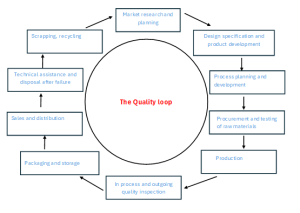
Another form of representation and description of the lifetime model collects the life stages that differ from one another in their characteristics. The primary life stages and the quality factors associated with them are: – planning, which is closely tied to market research, chosen design principles, and product specifications; – production quality, which is mostly influenced by the technology used, the preparation and level of management, as well as the professional preparation and experience; – the quality of availability: product reliability (error-free production, repairability and lifetime), maintainability and suitability for maintenance, other logistical characteristics– the quality of customer service: professional competence, fastness and comprehensiveness; – the final step of the process, recycling is becoming more and more significant.
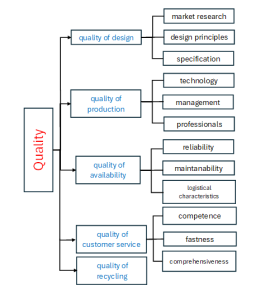
As we can see, there are many different ways to describe quality. No matter who interprets them, they all refer to the same thing: quality is quality, without which something ceases to be what it is. Philosophers, aesthetes, scientists, industrial specialists, and quality specialists can all agree on this. Here, we can discuss the quality of our work, the quality of our time, the quality of our human relationships, and the quality of a product or service. All of them have an impact on the quality of our lives. This is how we should think about quality!


